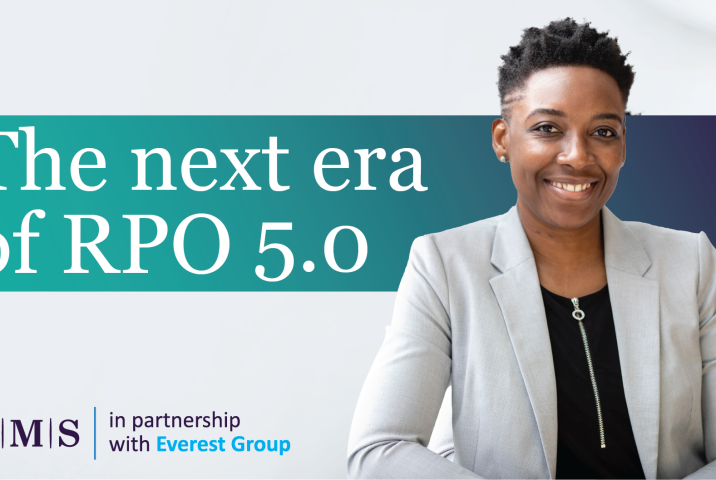It’s time to move beyond job-ready hiring


Jim is the Sector Managing Director for Pharmaceutical & Life Sciences and Professional Services at AMS.
5 August 2021 — Anyone who has worked in talent acquisition for more than a few years will recognize the pace at which it has evolved. Our teams have segmented and become more specialized, with the creation of new roles designed to better identify talent, better engage with talent and better support hiring managers and candidates. While we had 360° recruiters who would manage an end-to-end hiring process a little more than a decade ago; today, we have recruiters whom we have elevated to become talent advisors. We have insight consultants who can provide competitor intelligence and visibility into market supply and demand. We have specialist sourcers who are skilled at identifying and engaging passive talent and we have dedicated administrators to support interview scheduling, offer management and candidate care.
Alongside the changes to our teams and our roles, we have seen continual innovation in the tools and technologies that support talent acquisitions. We’ve seen more advanced applicant tracking systems and candidate relationship management tools. Sourcing technologies powered by AI to help us search for talent and stack-rank candidates based on suitability. We have robotic process automation to remove administrative tasks, create efficiencies and speed up hiring processes.
One thing that has not changed over time is the core premise of hiring — recruiters partner with hiring managers to find the best possible talent to meet their requirements. And those requirements are nearly always for a job-ready candidate, a candidate who possesses the skills and experience required to immediately add value to the hiring manager and the business.
We know that the skill requirements of businesses are changing rapidly. The total number of skills required for a single job is increasing 10% year-over-year and a third of the skills that were sought by employers in 2017 won’t be required this year, according to Gartner research. It’s no surprise then that 72% of executives participating in a Deloitte study selected “the ability of their people to adapt, reskill, and assume new roles” as the most important or second most important factor to navigate disruptions. And in a McKinsey survey of approximately 300 global executives, a majority of respondents said they’ll need to retrain or replace more than a quarter of their workforce by 2023.
The changing nature of skills requirements is a strategic imperative for most executives. So how are talent acquisition leaders responding to this? The truth is that most aren’t. They are doing an admirable job of evolving their functions, improving their access to talent, enhancing the experience of hiring managers and candidates, reducing costs and improving time to hire. But they’re still perpetuating the same core premise of hiring, the ability to find the best job-ready talent.
Given that most executives site the ability of their people to adapt, reskill and assume new roles, shouldn’t talent acquisition teams be seeking new talent (when internal talent isn’t available) that is better able to adapt and reskill in the future? Outside of emerging talent (i.e. campus and apprentice) programs it would be naïve to believe that we can hire talent based purely on future potential; hiring managers will naturally and rightly require new talent that can add value immediately. But, if we could better balance the need for job-ready talent with future-fit talent we would undoubtedly add strategic value to our businesses.
Progressive talent acquisition leaders have worked hard to elevate the value that their functions provide to the business. They have invested in elevating their recruiters to be true talent advisors to their hiring communities. Now is the time to elevate further, to influence the hiring community to consider the skill sets that they are likely to require in years to come and to consider a broader range of talent that can fulfil both the current and future needs. And by doing that we will not only help to future-proof our businesses, but we will enhance our ability to hire the best diverse talent.
Originally published June 2021 in The Staffing Stream
More articles
Recruitment Process Outsourcing 5.0: The era of recruitment process orchestration and transformation
Explore how RPO 5.0 redefines talent acquisition with orchestration, technology, and strategic insights for building a future-ready workforce.
Best Practices for Managing a Contingent Workforce
Master the art of managing a contingent workforce with our expert best practices. Elevate your team's performance and ensure seamless operations today!
AMS partners with Fertility Matters at Work
AMS is proud to be the first talent solutions business to make the commitment to become a Fertility Friendly Employer.







